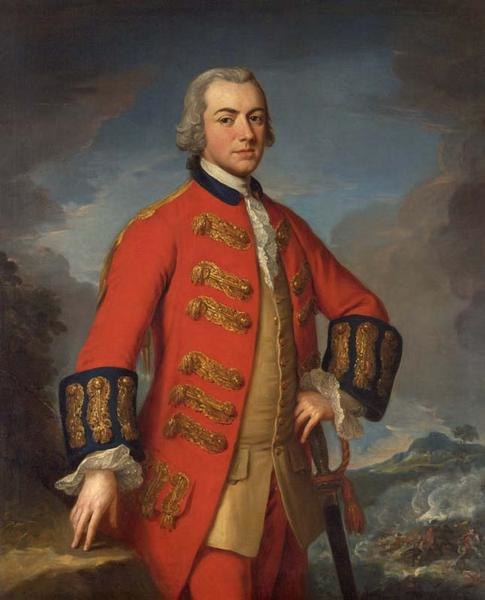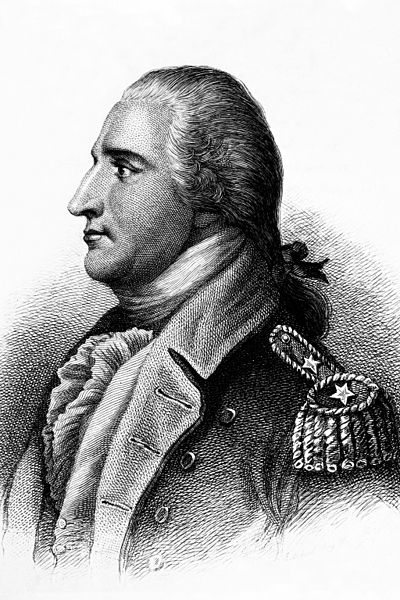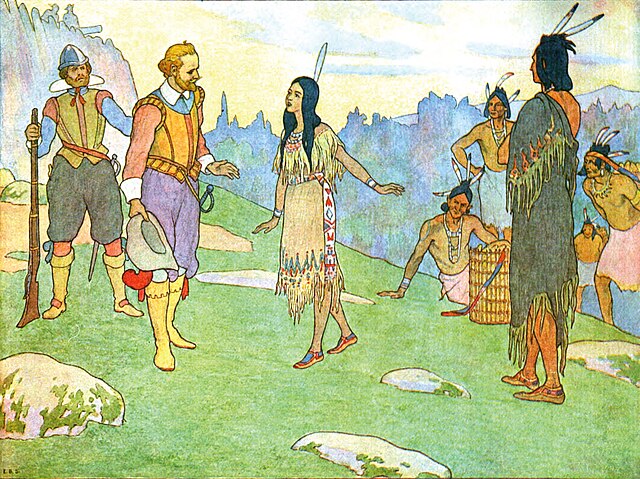The Yorktown campaign, also known as the Virginia campaign, was a series of military maneuvers and battles during the American Revolutionary War that culminated in the siege of Yorktown in October 1781. The result of the campaign was the surrender of the British Army force of General Charles Earl Cornwallis, an event that led directly to the beginning of serious peace negotiations and the eventual end of the war. The campaign was marked by disagreements, indecision, and miscommunication on the part of British leaders, and by a remarkable set of cooperative decisions, at times in violation of orders, by the French and Americans.
Comte de Grasse
General Sir Henry Clinton
Benedict Arnold
The Marquis de Lafayette
Virginia, officially the Commonwealth of Virginia, is a state in the Southeastern and Mid-Atlantic regions of the United States between the Atlantic Coast and the Appalachian Mountains. The state's capital is Richmond and its most populous city is Virginia Beach, though its most populous subdivision is Fairfax County, part of Northern Virginia, where slightly over a third of Virginia's population of 8.72 million live as of 2023.
The story of Pocahontas was simplified and romanticized by later artists and authors, including Smith himself, and promoted by her descendants, some of whom married into elite colonial families.
In 1699, after the statehouse in Jamestown was destroyed by fire, the Colony of Virginia's capitol was moved to Williamsburg, where the College of William & Mary was founded six years earlier.
In 1765, Patrick Henry led a protest of the unpopular Stamp Act in the House of Burgesses, later depicted in this portrait by Peter F. Rothermel.
Eyre Crowe's 1853 portrait, Slaves Waiting for Sale: Richmond, Virginia, which he completed after visiting Richmond's slave markets, where thousands were sold annually








